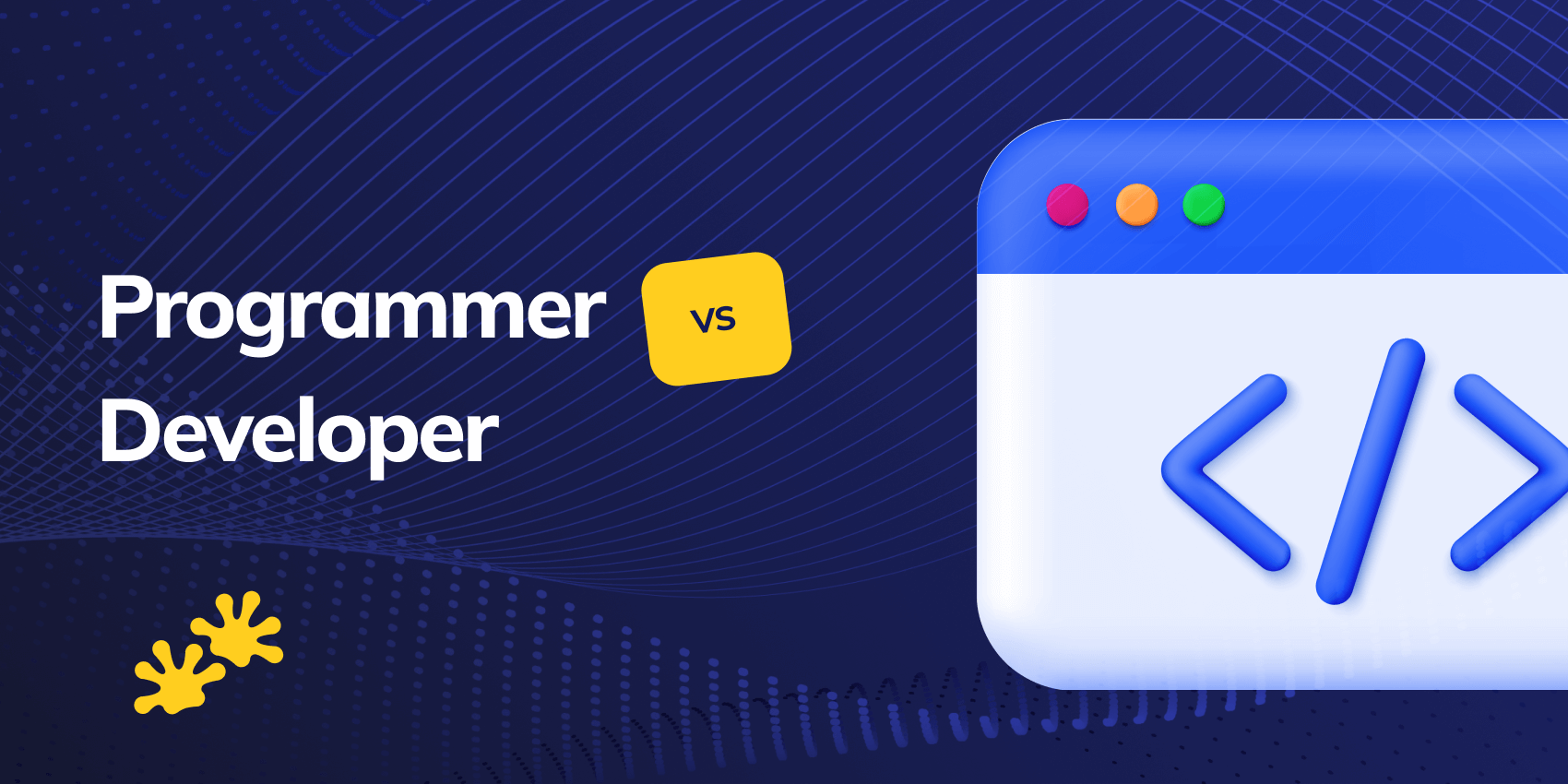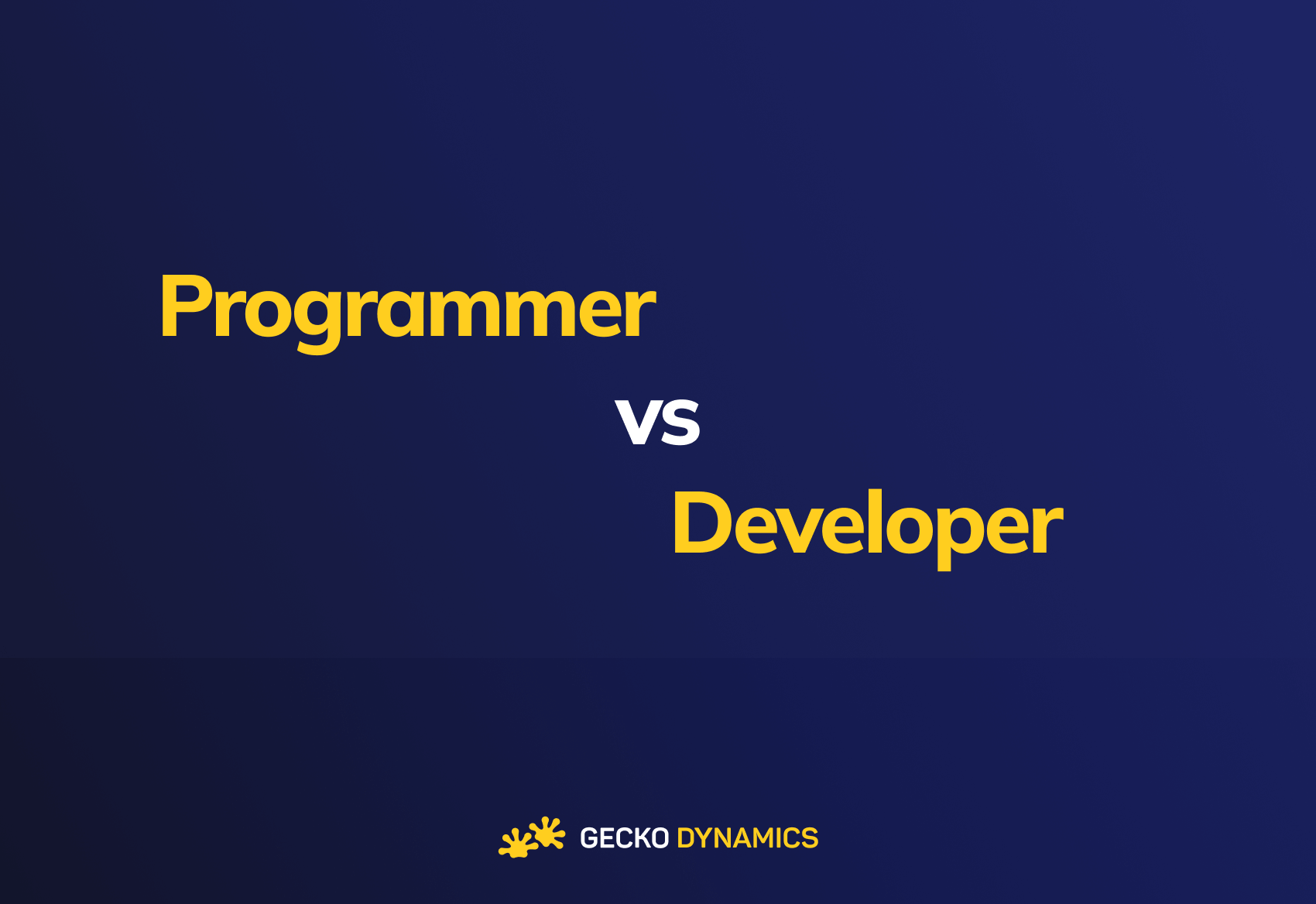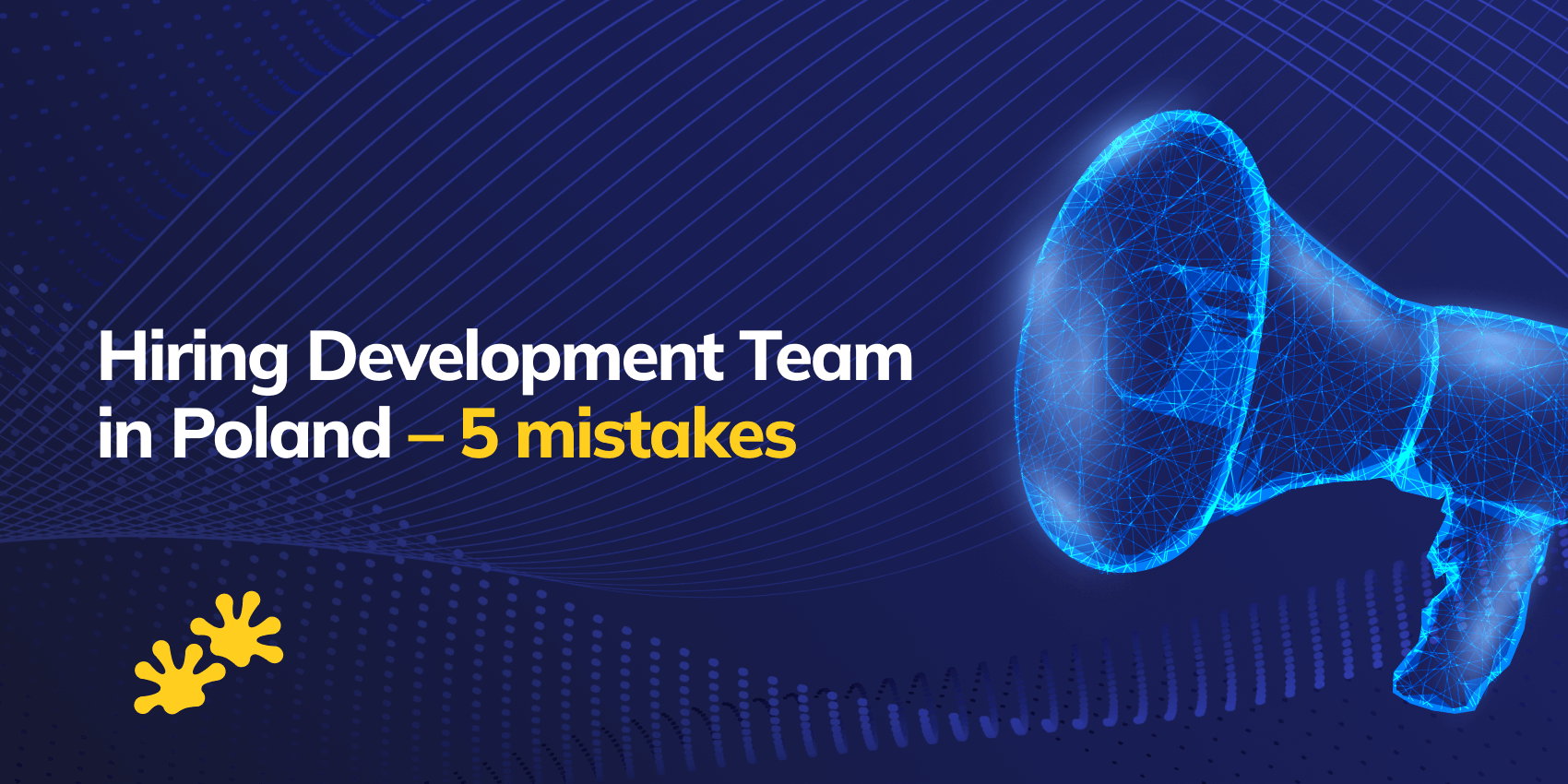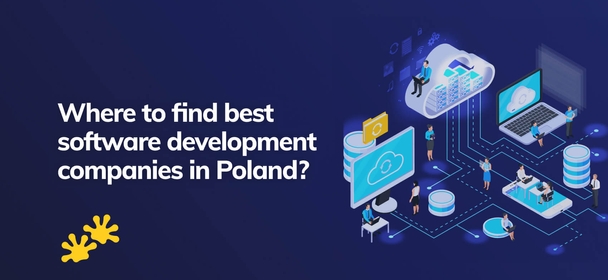Unpopular Thesis: what's the difference between a programmer and a developer?

The differences between a programmer and a developer are very significant, although sometimes they can be quite hard to perceive. In the following part, we will discuss the most important ones, thoroughly describing all the concepts. However, we emphasize that this is our private opinion!
When is a programmer needed and when is a developer needed?
Developer skills are useful when working on tasks that rely on established templates and common patterns. Examples include creating websites or online stores.
A programmer, on the other hand, has a broader perspective and can take on projects that require creativity and problem-solving skills. They don’t need solutions handed to them since they can develop them independently.
There is another important differentiating factor between programmers and developers – their hourly rates. When comparing these two experts, distinct differences in rates will be evident, which is why we have created a special calculator that illustrates the situation well.
Operating within frameworks – the fundamental difference
A developer primarily relies on established frameworks and, in most cases, does not go beyond them. A programmer, on the other hand, also follows certain rules and established mechanisms but engages in more advanced thinking in their work. By participating in a given project, they are responsible not only for the technical implementation of a specific component but also for problem-solving and planning. Programmers analyze the mentioned problems, create algorithms, and work on the entire software architecture. Their work involves a broader understanding of the context of a given project and making decisions regarding software architecture.
Speed of creating workarounds
A true programmer, compared to a developer, is capable of quickly finding and implementing workarounds, although it should be noted that this is a significant simplification. Everything depends on the context of the project or problem, and the actual time required for finding a workaround can vary greatly.
Due to their templated approach to software development, developers generally do not engage in creating workarounds, and if they do, it takes them more time than it does for programmers. The latter possess more experience and knowledge, enabling them to work much more efficiently. However, this does not mean the process is lightning-fast – everything depends on the complexity of the problem and its context.

A programmer doesn’t have to be proficient in something to understand a given problem
Based on their experience and skills, programmers can grasp the essence of a specific issue, even without any practical knowledge about it. An example is our CTO Alex Ptashniy, who, despite having vast knowledge, never worked on a project using the PHP language. Although he had relatively limited practical exposure to this technology, he was able to accurately assess the flawed code architecture used in a product developed by someone else for one of Gecko Dynamics’ clients.
A developer might struggle with such a situation. Of course, they also possess certain knowledge and skills, but the essence of their work lies in operating with established methods and producing at least correct code. A programmer, on the other hand, not only plans the architecture of the software and writes efficient and readable code, often utilizing unconventional solutions, but also optimizes it if it was created by someone else.
Mathematical skills of a programmer and a developer
It is commonly believed that exceptional mathematical skills are not necessary when writing code, and the ability to accurately compute simple equations is completely sufficient. This is true for developers, but programmers possess slightly more advanced knowledge, although it’s worth noting that they don’t necessarily need a professorial title. They simply possess the necessary skills, and that makes them programmers.
The situation is somewhat different for specialists working on AI development. Their work is closely related to complex algorithms, so most of them have a focused mathematical education that provides them with the necessary preparation. Typically, entire teams of mathematicians collaborate with programmers to oversee the entire process.
Using an IDE
In most cases, developers have to use an IDE they are specialized in. But what exactly is an IDE? It is an Integrated Development Environment, which provides tools for creating, testing, debugging, and deploying specific applications. It typically includes various editors, compilers, and debuggers. As mentioned before, the average developer needs to use an IDE, although there are some exceptions.
A programmer is not dependent on an IDE, and one could argue that they don’t need it at all. Their experience and skills allow them to work without any specific programming environment. However, this doesn’t mean they don’t use it either. In many cases, it is possible to distinguish a programmer from a developer already during the recruitment process. More information about how the entire process unfolds can be found in one of our blog posts that thoroughly discusses this topic.
Programmers and developers are two complementary gears in the machinery of software development. Despite the differences in their approach and skills, they unite to create software that meets the users expectation and needs. At Gecko Dynamics, through our combined efforts, we are driving technological progress, and delivering top-tier solutions for digital transformation, staff augmentation, and B2B SaaS offerings.
Contact us!
As you can see, the differences between developers and programmers are not always apparent at first glance, yet they are of fundamental importance. The Gecko Dynamics team consists of both, who, thanks to their experience, can tackle even the most demanding projects! If you want to learn more, feel free to contact us!

